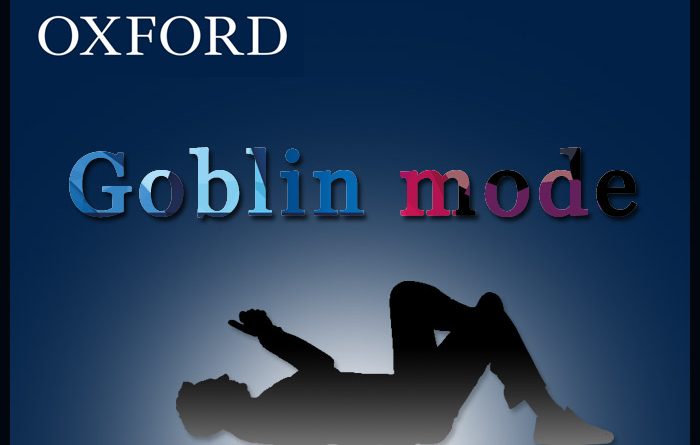‘Goblin Mode’ Is Oxford Word Of The Year
“Goblin mode” is the Oxford word of the year 2022. It was the first Oxford word of the year to be chosen by public vote.
According to Oxford University Press, which publishes the Oxford English Dictionary, Goblin mode is a slang term, often used in the expressions “in goblin mode” or “to go goblin mode.” It is “a type of behavior which is unapologetically self-indulgent, lazy, slovenly, or greedy, typically in a way that rejects social norms or expectations.”
Although first seen on Twitter in 2009, goblin mode went viral on social media in February 2022, quickly making its way into newspapers and magazines after being tweeted in a mocked-up headline. The term then rose in popularity over the months following, as Covid lockdown restrictions eased in many countries and people ventured out of their homes more regularly.
Seemingly, it captured the prevailing mood of individuals who rejected the idea of returning to “normal life,” or rebelled against the increasingly unattainable aesthetic standards and unsustainable lifestyles exhibited on social media.
The Oxford English Corpus lists many vivid examples of goblin mode, including “Goblin mode is like when you wake up at 2am and shuffle into the kitchen wearing nothing but a long t-shirt to make a weird snack, like melted cheese on saltines,” as quoted in The Guardian newspaper. More recently, an opinion piece in The Times stated that “too many of us… have gone ‘goblin mode’ in response to a difficult year.”
After opening the choice of Word of the Year up to English speakers for the first time in its history, over the last two weeks more than 300,000 people cast their vote.
318,956 people voted for Goblin mode, making up 93 percent of the total votes.
It was one of three potential choices selected by Oxford lexicographers. metaverse and #IStandWith were the other two words.
The term ‘metaverse’ describes ‘a (hypothetical) virtual reality environment in which users interact with one another’s avatars and their surroundings in an immersive way, sometimes posited as a potential extension of or replacement for the internet, World Wide Web, social media, etc.’
Until late 2021, there was relatively little sustained usage of ‘metaverse’ outside of specialist contexts. By October 2022, it had increased almost fourfold from the previous year in the Oxford Corpus. While some of this increase can be attributed to the name change of social media conglomerate Facebook in October 2021.
Used on social media to express solidarity with a specific cause, group, or person, ‘#IStandWith’ has been identified as a way for people to communicate their opinions
and align their stances on specific events. It is how people demonstrate activism online and speak out for what they believe in.
Data from social media and the Oxford Corpus show that ‘#IStandWith’ and variants became significantly more frequent and prominent in March 2022, following the Russian invasion of Ukraine. Frequent uses this year include #IStandWithUkraine and #StandWithUkraine.
Previous Oxford word of the year includes vax (2021), climate emergency (2019), and selfie (2013).
Source: Read Full Article


